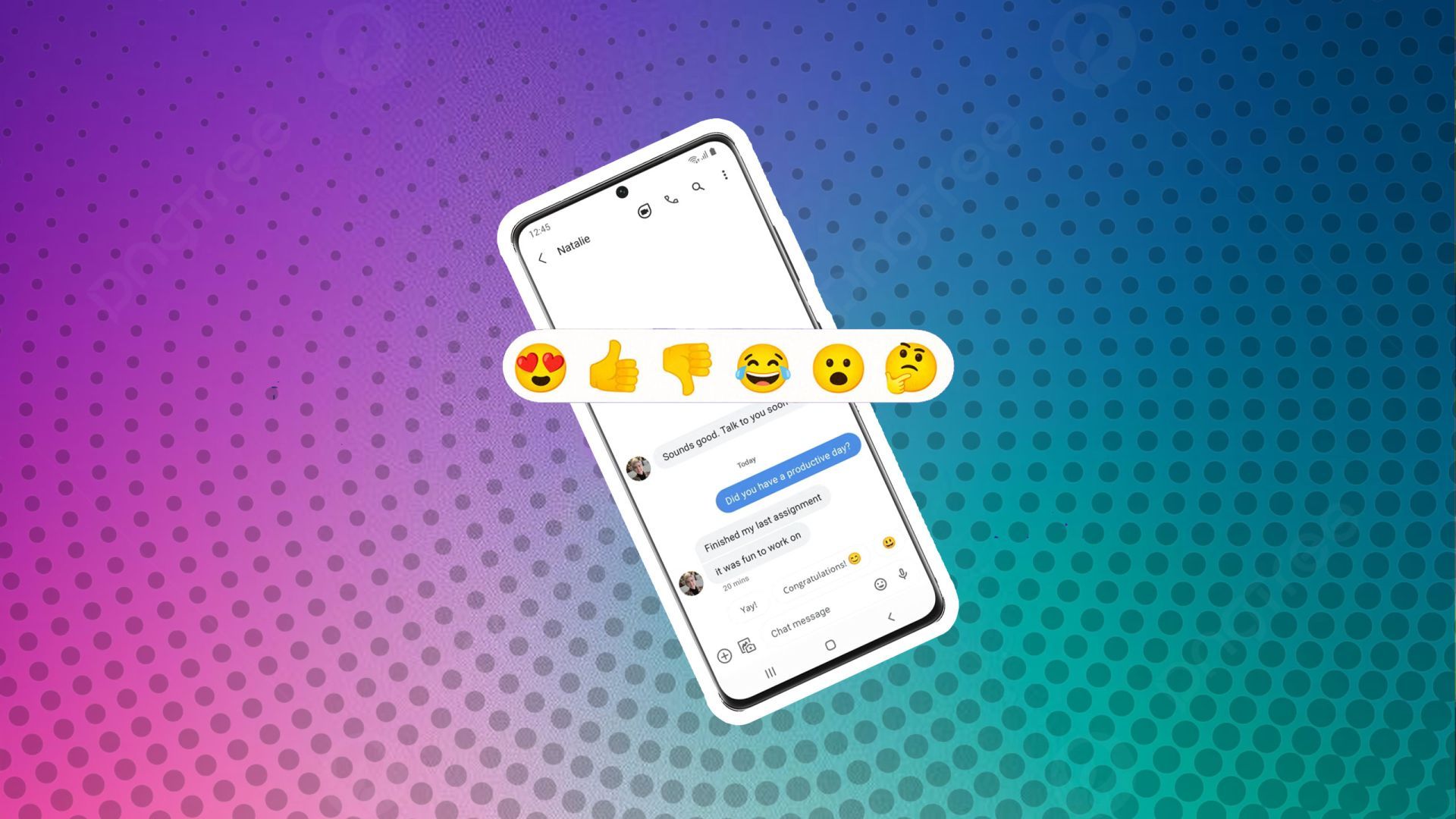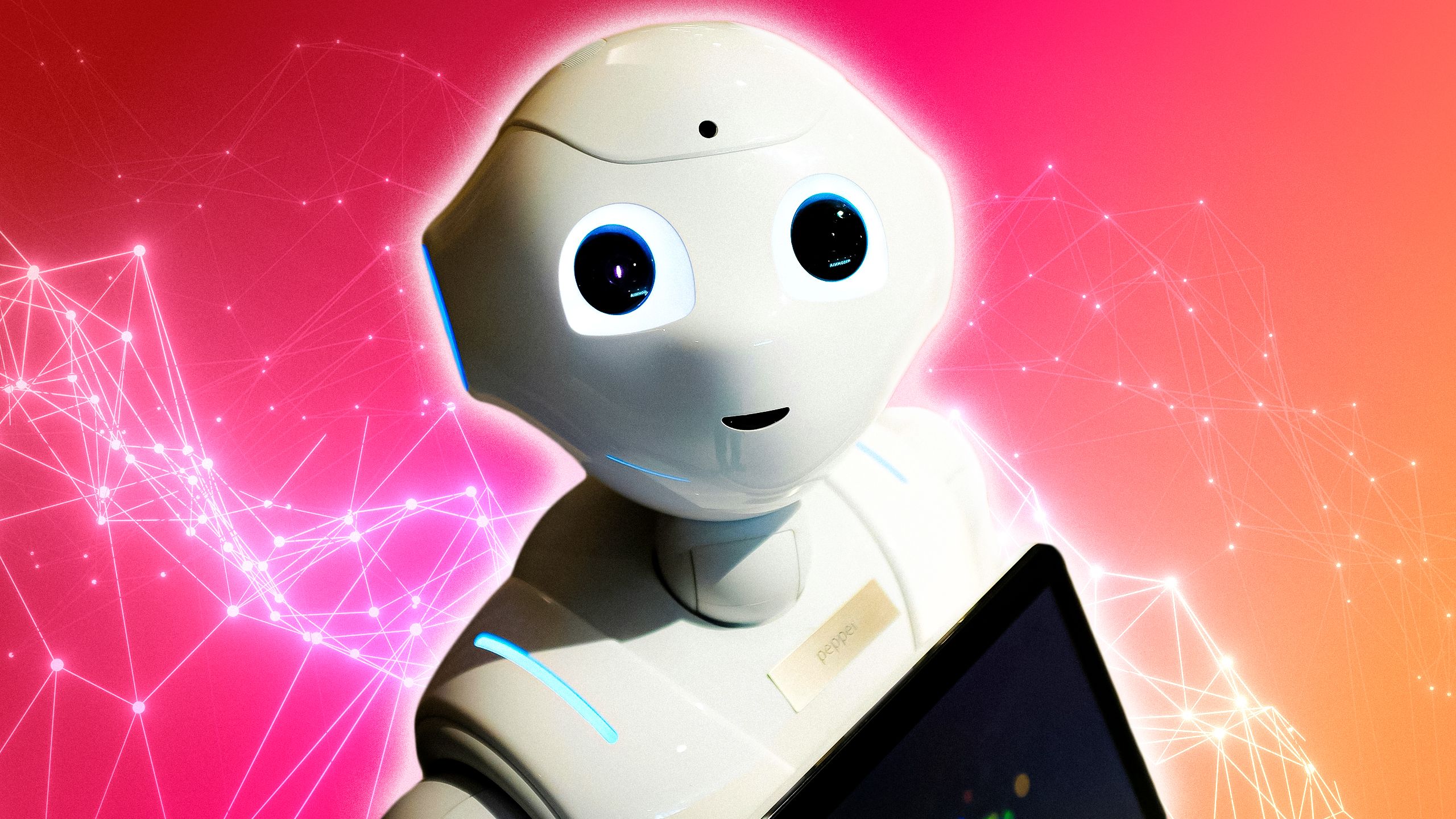Communication, whether with a new friend, a match on a dating app, or a customer service rep, usually starts via text. However, AI is accessible to everyone on their phones, laptops, and Chromebooks. So, you can’t be sure if you’re talking to a real person or an AI bot that sounds human. Here are the signs to watch for if you suspect the person you’re chatting with might be an AI bot designed to collect your data or scam you.
8
You receive instant replies
A tell-tale sign that you’re chatting with an AI bot and not an actual person is the speed of their responses. If you use chatbots like ChatGPT and Gemini, you know how quickly these AI models can generate lengthy paragraphs of text. An actual person can’t respond at that pace, especially if they’re sharing detailed, complex answers relevant to your question.
If you notice that the replies you receive seem almost instantaneous, you’re chatting with an AI chatbot. If you’re still unsure, check whether what they wrote is error-free. Humans make typos and grammar mistakes, particularly when they’re typing fast. If you receive a quick, detailed reply with perfect spelling and grammar, that’s a giant red flag.
7
They take everything literally
AI chatbots have come a long way. You’re unlikely to catch them hallucinating, sharing misinformation, or misinterpreting basic prompts. However, one thing AI models don’t get right is sarcasm and colloquialisms.
Inputting a sudden sarcastic remark, like “Yeah, right,” for instance, can lead to the AI model taking your comment at face value or pausing the conversation to explain what “Yeah, right” means. A human being, on the other hand, can usually piece together from the context and tone that you’re being sarcastic and reply accordingly.
If you suspect you’re chatting with an AI bot, pepper in a few colloquial expressions or sarcastic remarks during your conversation as somewhat of a litmus test.
6
They’re formal and overly polite
AI-generated content reads differently than human writing. While AI bots can mimic good syntax and grammar in their responses, the answers are usually formal and robotic. Another red flag is consistent politeness. Unless programmed differently, AI chatbots generate answers that are neutral and unoffensive.
It’s rare to come across AI bots that disagree or argue with you. This test is better suited to certain scenarios than others. For instance, if you’re chatting with someone claiming to be a friend but suspect they might be a scammer or connecting with a potential romantic match on a dating app, you should be mindful of these things.
5
An absence of humor
A normal conversation includes at least some friendly banter. Humor is something AI struggles with. If you notice that the person you’re chatting with doesn’t reciprocate your humor or doesn’t grasp basic jokes, you could be chatting with a bot.
In the way AI systems share information, clarity takes precedence over things like humor or sarcasm. This often leads to flat responses that don’t come off naturally.
4
There’s a lot of repetition
AI chatbots usually reply in specific patterns because they recycle a set of pre-programmed responses. Humans don’t chat or talk that way. If you ask a person the same question twice, you’ll likely get different answers. They might assume you didn’t understand them the first time and rephrase their response or add more information or context to clarify their answer.
In contrast, bots aren’t programmed to be this flexible, which makes their answers seem somewhat repetitive. If you’re trying to resolve an issue and the person you’re chatting with recommends the same solution each time, you may be dealing with a bot. Many AI models also repeat a part of your question to structure their responses. If you notice this pattern consistently, it’s a red flag.
3
They provide vague answers
AI-generated responses can be wordy and usually lack substance or deeper meaning. AI models have improved and can provide more meaningful answers today. Still, you’ll find that if you broach a sensitive topic or try to talk about something serious, an AI bot might share vague and safe responses.
If the person you’re chatting with constantly responds with more questions to get you to share information, or you’re met with superficial advice that reads like the generic stuff in self-help articles, chances are you’re interacting with a bot.
2
They’re always available to chat
Apart from the speed at which they respond, you should also consider if they’re always available to chat. Even the most hardworking or emotionally invested person isn’t available round-the-clock. But if your “friend” is always ready to help or start a conversation, regardless of the time of day, that’s a strong indication that you’re conversing with an AI bot.
You also want to check if the other person tells you they need to take a break or stop responding for a while. No matter how engaging your conversation is, a real person will eventually need to step away. If the person on the other end never seems busy or takes a break between conversations, that’s another way to confirm that they’re an AI bot.
1
You’re unable to call or video chat
Ask the person you’re chatting with if you can call or video chat with them. If they always make excuses, you’ve got your answer. AI bots are trained on vast amounts of data and can write effectively, but they can’t make real-time voice calls the way we can.
If your attempts to get a call or video chat are constantly turned down, you should be suspicious.
Keeping yourself safe in a world with sophisticated AI systems
There are lots of ways AI can simplify your daily life. If your new friend seems always down to chat or your romantic match doesn’t seem to get any of your jokes, something nefarious might be going on. At best, you might be dealing with a bot designed to engage people in harmless conversation. On the flip side, you could also be interacting with AI programmed to collect your personal data or get you to open phishing links. A little skepticism and watching out for these red flags can keep you safe.







